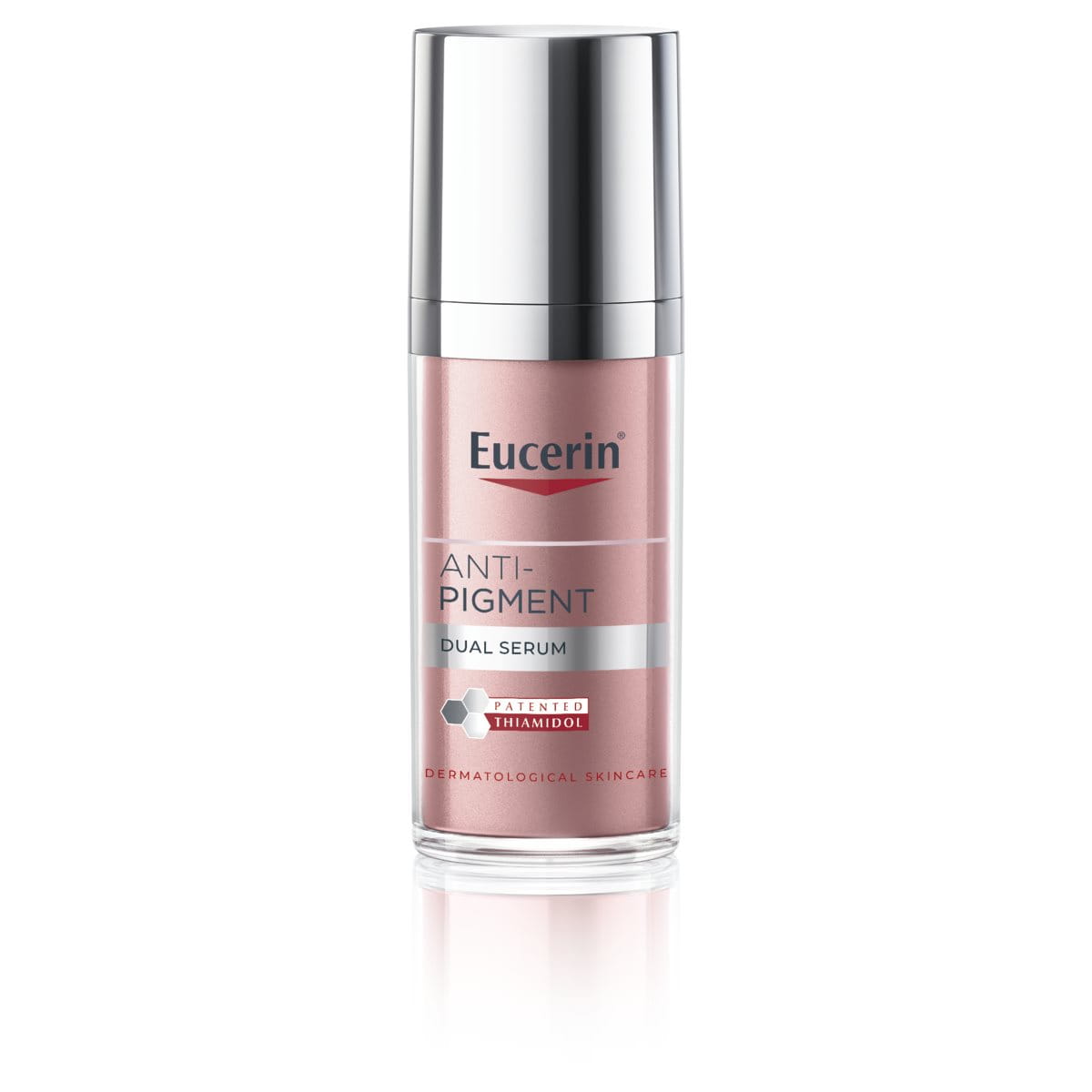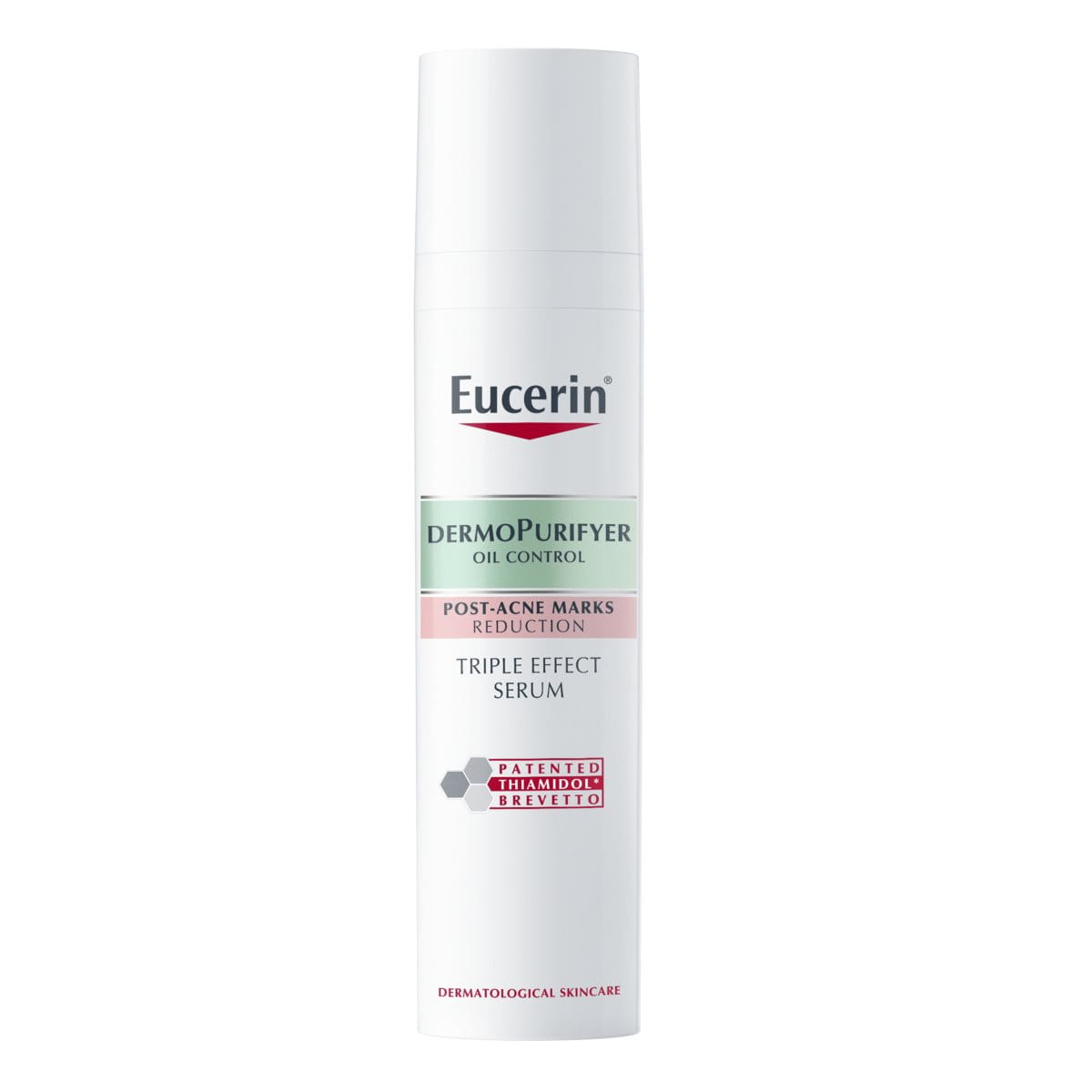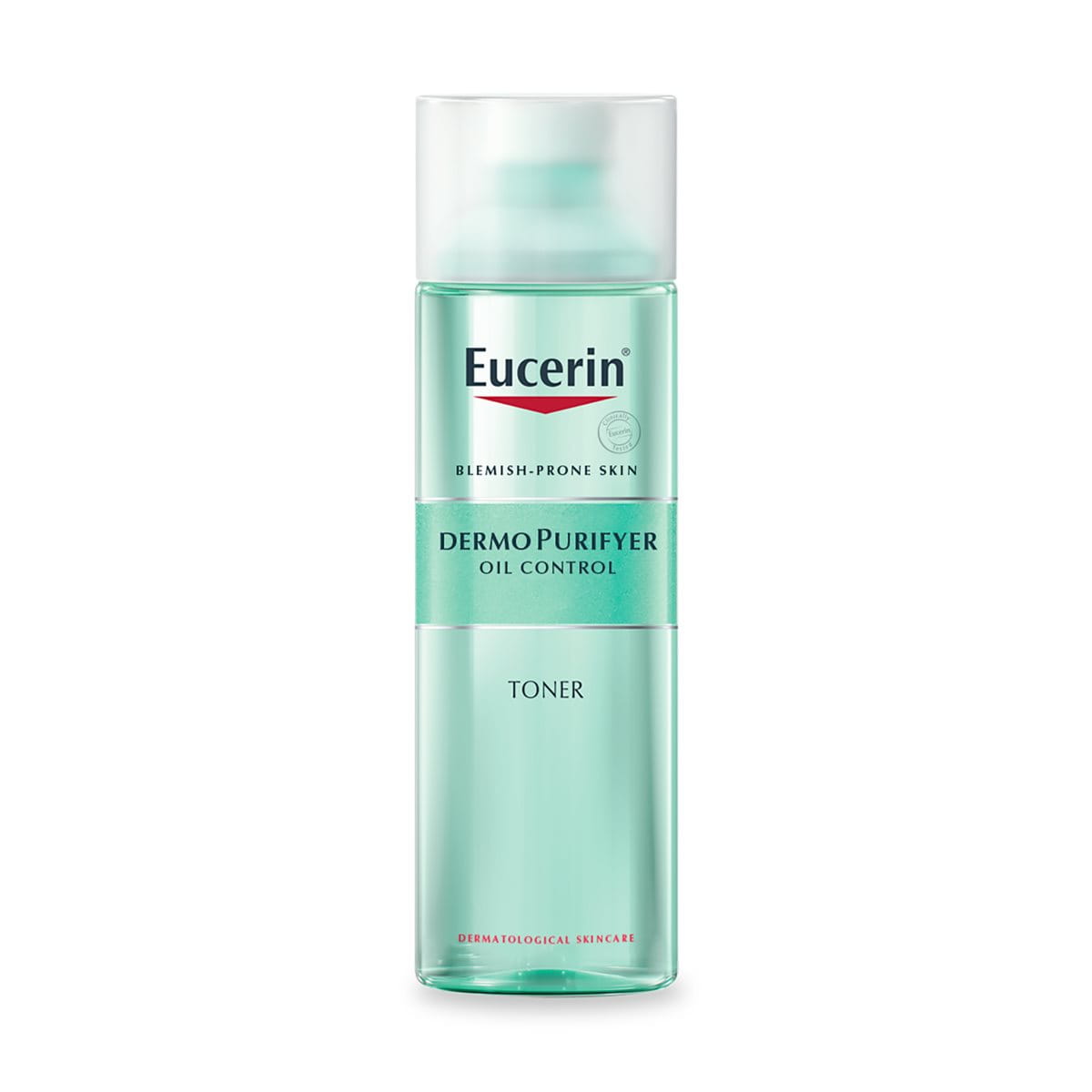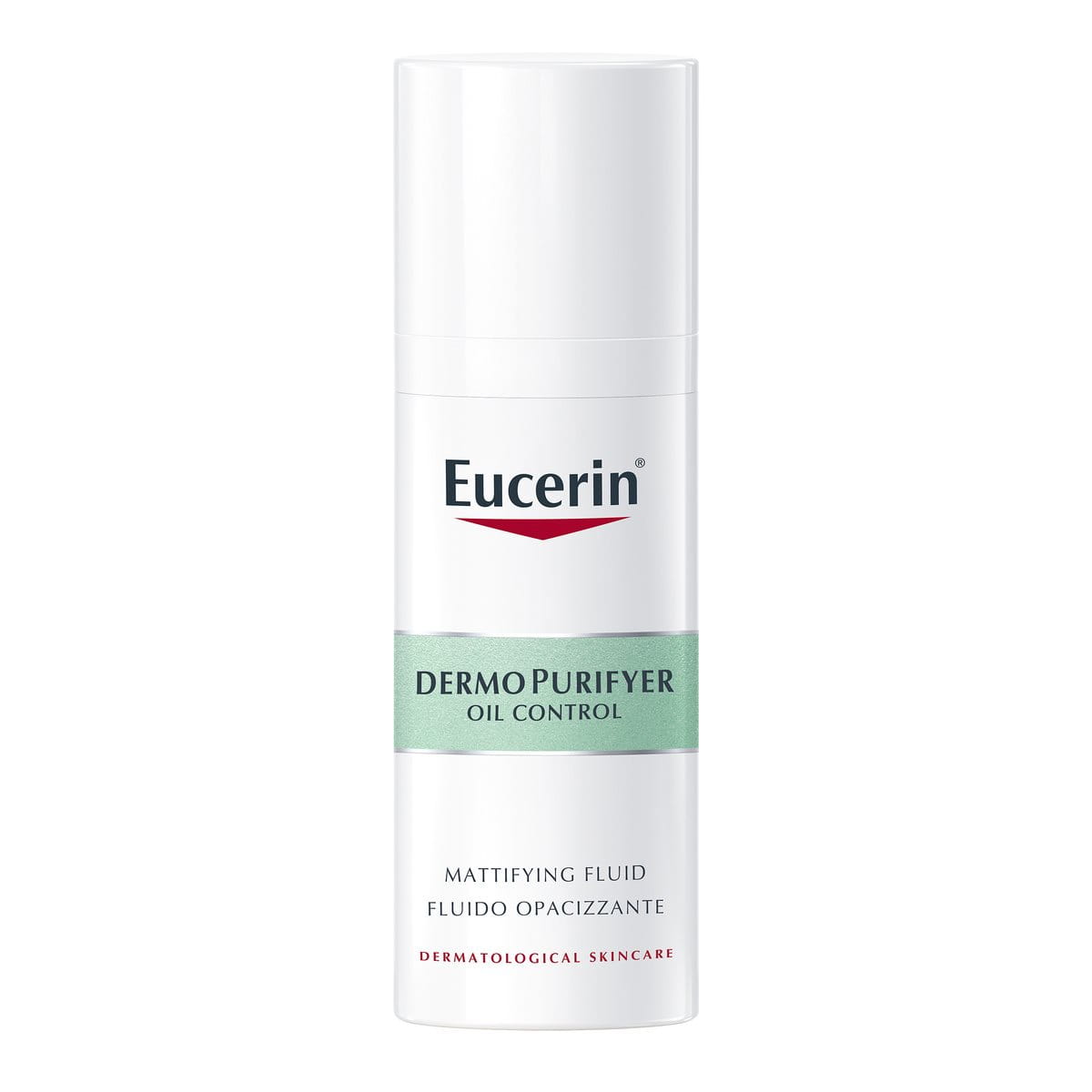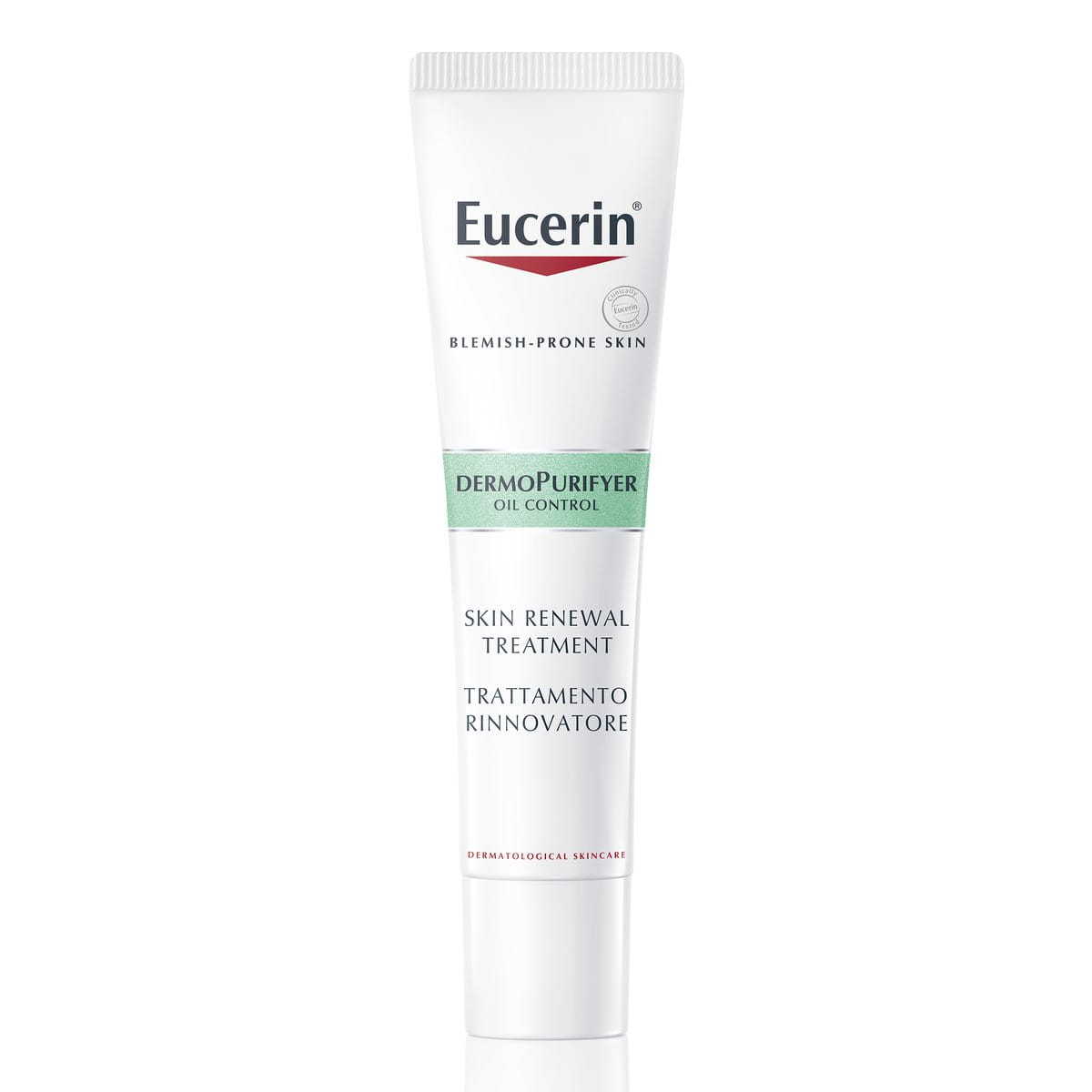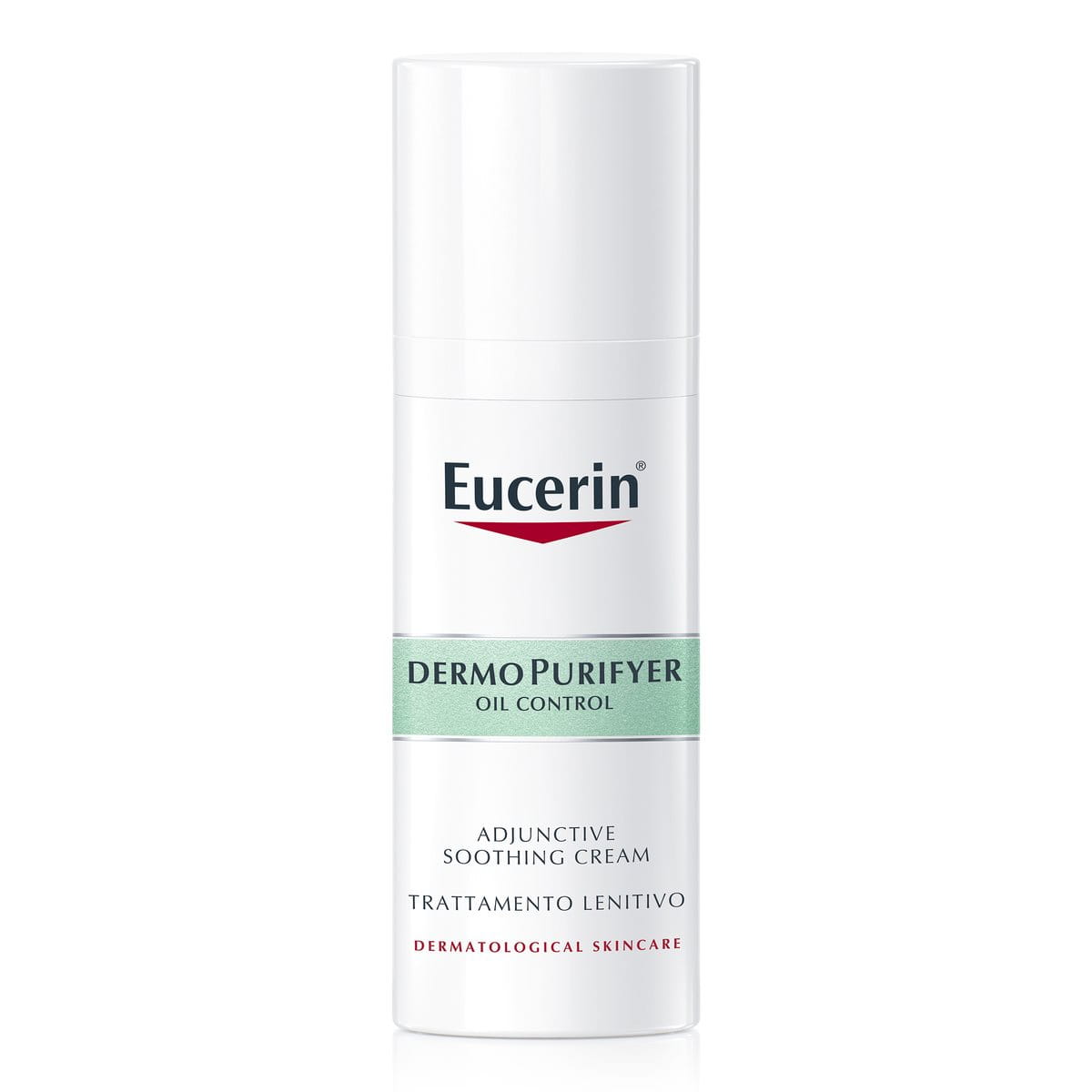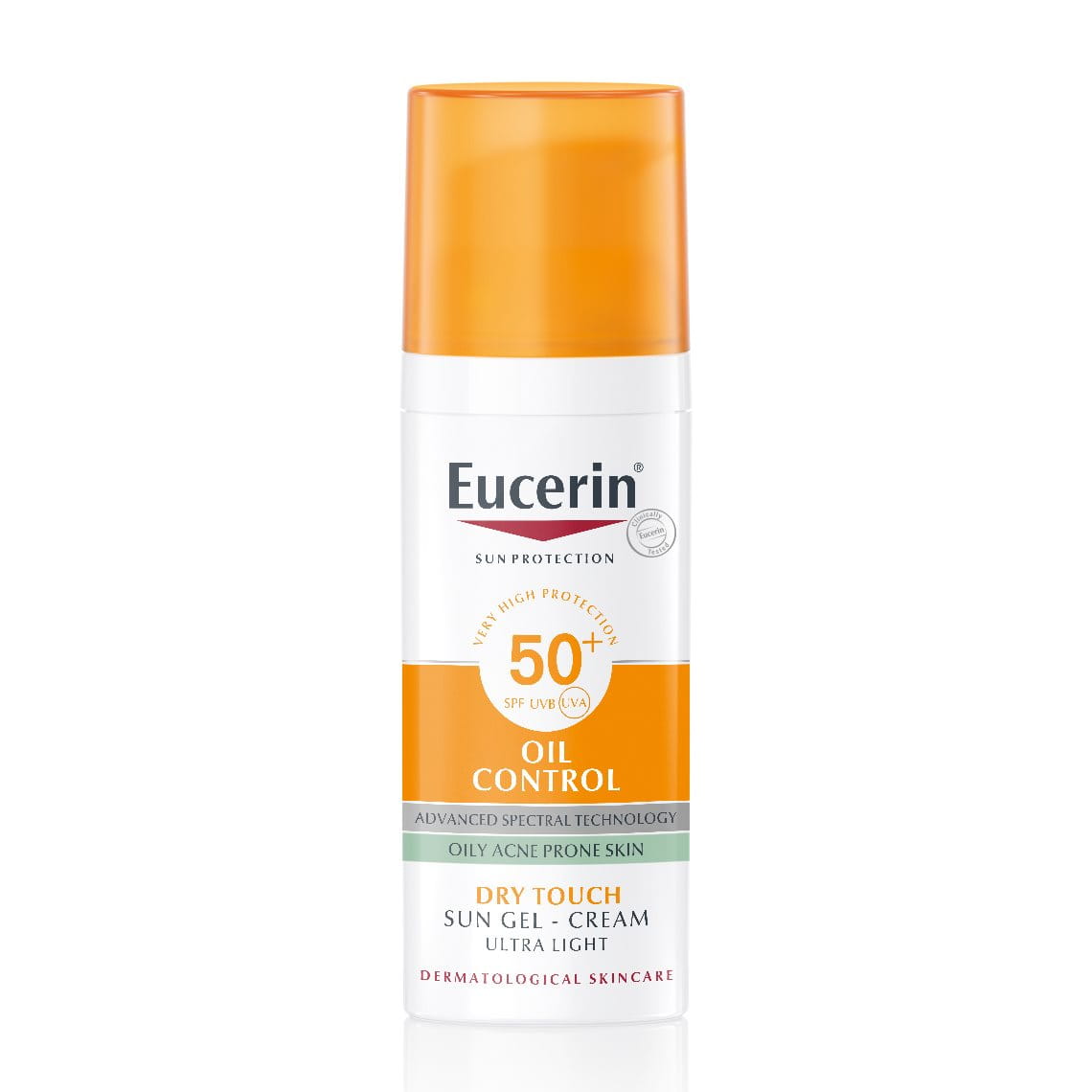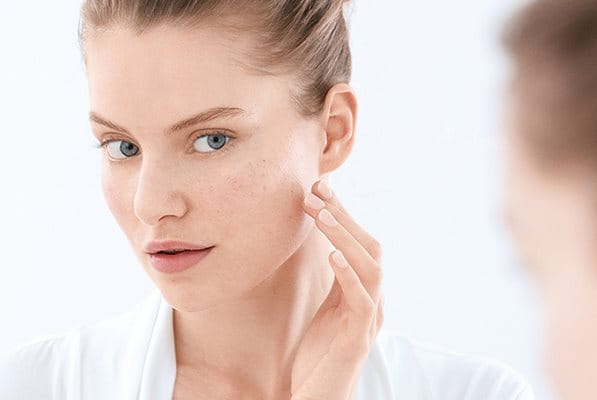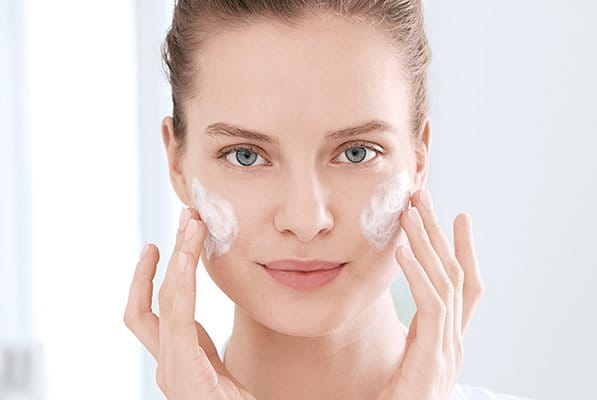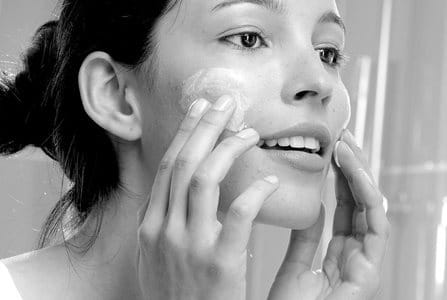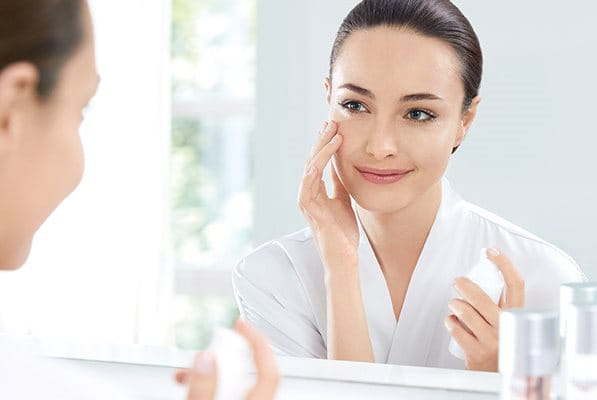There is a wide range of acne medication options available, from topical treatments for mild symptoms through to drugs of varying strengths to treat more severe cases. The right medicine, when used according to prescription, can help reduce blemishes and decrease the risk of permanent damage to skin.
This article outlines the most common acne medications. It also identifies the possible side effects for each treatment, looks at what you can do to help alleviate some of those side effects and suggests other steps you can take to give your medication the best chance of working.
How do I know if medical treatment is the right option for my skin?

After a close examination of your skin, your doctor or dermatologist (a doctor specialising in skin) will be able to advise on which treatment is best for you and most likely to address the causes and symptoms of your acne. You can read more about what causes acne here.
Medical professionals generally agree that, in moderate to severe cases of acne, the timely use of drugs can help to prevent symptoms from worsening and reduce the risk of scarring. Your doctor will be able to advise on, and prescribe, the most appropriate acne treatment for you and your skin
What prescription acne medication options are there?

The following list outlines the most commonly prescribed acne medications, including how they work and the possible side effects of each treatment:
- Benzoyl Peroxide
If your acne is mild to moderate your doctor may well recommend Benzoyl Peroxide in the first instance. It comes as a cream or a gel which you apply to your affected skin and, in many countries, is available without a prescription. - Topical retinoids
As an alternative to Benzoyl Peroxide, your doctor may prescribe a topical retinoid. A topical product is a cream or gel that you apply to your affected skin. A retinoid is a retinol, or Vitamin A, derivative.
- Azelaic acid
Recommended when Benzoyl Peroxide and topical retinoids have not delivered results or if someone has experienced negative side effects using them. Also recommended for skin that is particularly sensitive to sunlight as does not exacerbate the condition). - Topical and oral antibiotics
These are only prescribed for use in combination with another medical acne treatment to prevent bacterial resistance, reduce the growth of P.acnes bacteria and help to prevent skin infections. Topical antibiotics are applied externally to the affected area, oral antibiotics come in tablet or liquid form. You can find out more about P.acnes in the development of acne. - Combined oral contraceptive pill
Acne is directly related to fluctuations in our hormones and for women who experience hormone-related flare-ups, dermatologists may recommend certain oral contraceptives proven to be effective against acne. - Isotretinoin
For severe, stubborn and persistent acne, the most common and effective medication is a drug called Isotretinoin. It is only prescribed when other medications have not worked.
What else can I do to help my blemish-prone skin?
The following suggestions won’t necessarily alleviate side effects, but they will help you to care for your acne-prone skin:
Keep skin as clean as possible
In addition to regular, thorough yet gentle cleansing try to keep your hands away from your face and clean your mobile phone, pillow cases and towels regularly to keep bacteria to a minimum. Follow a skincare routine for blemish-prone skin to ensure your skin is getting the care it needs.
Look after yourself
Exercise and a healthy, balanced diet will help you to keep your spirits, and your skin, in good shape. Find out more in acne and exercise or acne and diet.
Try not to get stressed
Easier said than done, we know, but stress can trigger hormones and exacerbate acne. Find out more in acne and stress.
When should I expect to see results?
Sadly, no acne medicine or skincare routine promises instant results and treatment needs to be applied or taken consistently for the recommended period of time.
What can I do to help alleviate the possible side effects?
As with any medication, there are potential side effects to taking medication for acne. Some of the most common side effects from using topical acne treatments are dry skin and itching, whereas antibiotic treatments can have more serious side effects such as causing an upset stomach or making you feel lightheaded.
Occasionally, symptoms can worsen in the short term as your body adapts to the treatment.
How to treat potential side effects
A regular skincare routine, using non-comedogenic cleansing and care products specially formulated for blemish-prone skin, will help to keep your skin healthy and complement your medication.
If you experience dry skin try a soothing moisturiser such as Eucerin DermoPurifyer Oil Control Adjunctive Soothing Cream. This intensely moisturising, non-greasy cream has been specially formulated to soothe skin undergoing medical acne treatment and to leave it feeling smooth and supple after the first application.
Many medical acne treatments make skin more sensitive to the sun, so it is especially important to use appropriate sun protection such as Eucerin Oil Control Sun Gel-Cream Dry Touch SPF50+.
If you experience any side effects consult your doctor or dermatologist for advice.
Our brand values

We deliver a holistic dermo-cosmetic approach to protect your skin, keep it healthy and radiant.

For over 100 years, we have dedicated ourselves to researching and innovating in the field of skin science. We believe in creating active ingredients and soothing formulas with high tolerability that work to help you live your life better each day.

We work together with leading dermatologist and pharmacist partners around the world to create innovative and effective skincare products they can trust and recommend.
